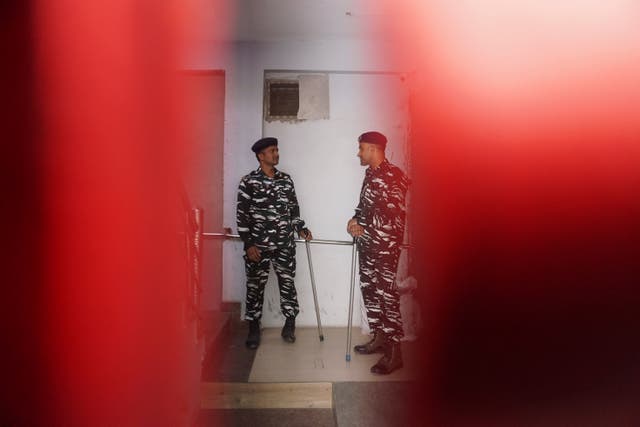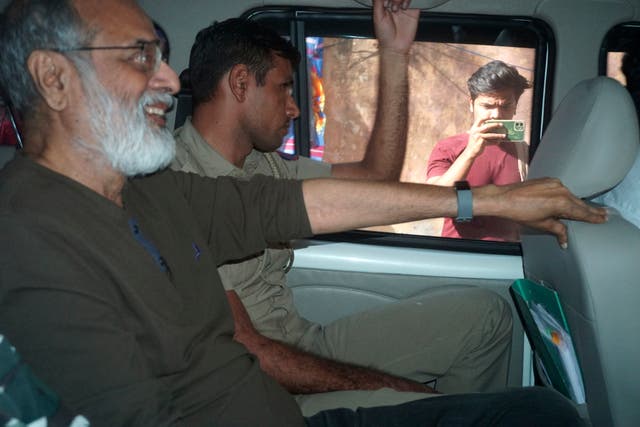Police in India have raided the offices of a news website that is under investigation for allegedly receiving funds from China.
The homes of several of its journalists were also raided in what critics have described as an attack on one of India’s few remaining independent news outlets.
The raids came months after Indian authorities searched the BBC’s New Delhi and Mumbai offices over accusations of tax evasion in February.
NewsClick, founded in 2009, is known as one of only a few news outlets in India that is willing to criticise Prime Minister Narendra Modi and his government.

Indian authorities registered a case against the site and its journalists on August 17, weeks after a New York Times report alleged that the website had received funds from an American millionaire who, the Times wrote, has funded the spread of “Chinese propaganda”. NewsClick has denied the charges.
The case was filed under a wide-ranging anti-terrorism law that allows charges for “anti-national activities” and has been used against activists, journalists and critics of Mr Modi, some of whom have spent years in jail before going to trial. No-one has been arrested in connection with NewsClick so far.
The Press Trust of India news agency cited unidentified officials as saying that investigators took data from the laptops and mobile phones of journalists, and that two journalists were detained.
At least two journalists whose houses were raided by Delhi police confirmed their devices were seized.
“Delhi police landed at my home. Taking away my laptop and phone,” journalist Abhisar Sharma wrote on X, formerly known as Twitter.

Delhi police did not immediately respond for a comment, but India’s junior minister for information and broadcasting, Anurag Thakur, told reporters that “if anyone has committed anything wrong, search agencies are free to carry out investigations against them”.
In August, Mr Thakur accused NewsClick of spreading an “anti-India agenda”, citing the New York Times, and of working with the opposition Indian National Congress party. Both NewsClick and the Congress party denied the accusations.
Under Mr Modi’s rule, several news organisations have been investigated by the government agencies for financial impropriety, raising fears about shrinking press freedom in India.
Reporters Without Borders, an advocacy group for journalists, ranked the country 161st in its press freedom rankings this year, writing that the situation in the country has deteriorated from “problematic” to “very bad”.
The Press Club of India said it was “deeply concerned about the multiple raids conducted on the houses of journalists and writers associated with NewsClick”.
“The PCI stand in solidarity with the journalists and demands the government to come out with details,” it wrote in a statement on X.
Ties between India and China have been strained since 2020, when clashes between the two militaries in a disputed border area killed at least 20 Indian troops and four Chinese soldiers. Since then, New Delhi has banned many Chinese-owned apps, including TikTok, and launched tax probes into some Chinese mobile phone companies.
The Modi administration has also introduced rules that require government approval for investments by companies from China and other countries.
